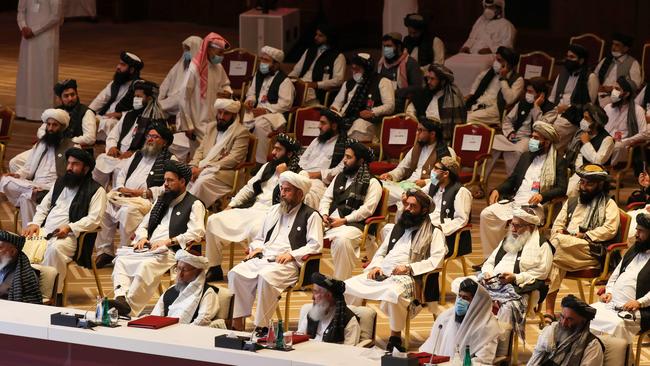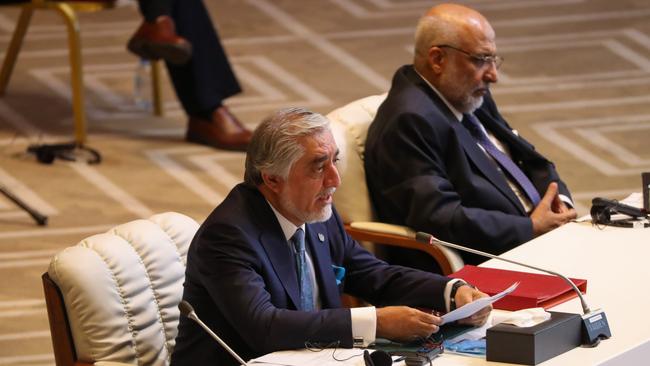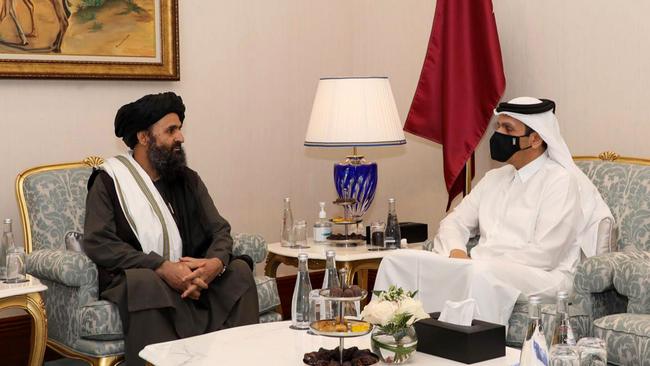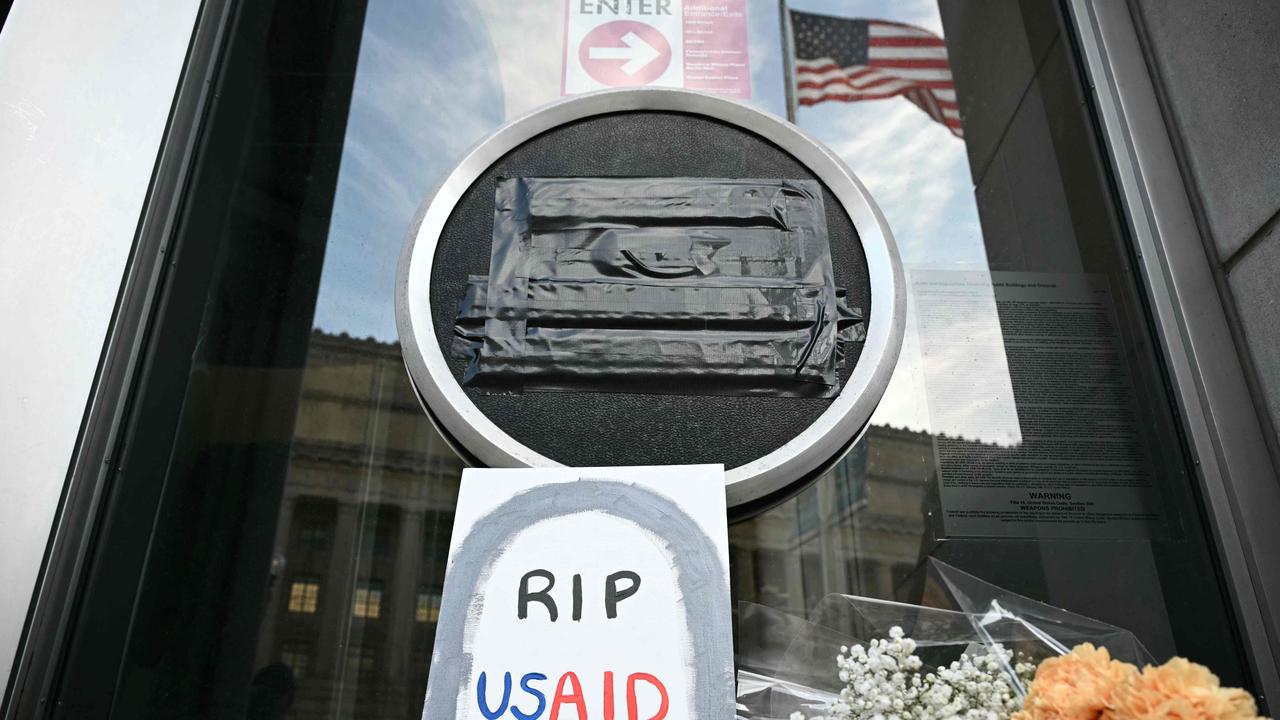Kabul and Taliban peace talks enter the hard yards
The search for a lasting ceasefire one of many key challenges up for discussion as peace talks get down to business.

Peace talks between the Taliban and Afghan government got down to business on Sunday, with the search for a lasting ceasefire one of many key challenges up for discussion.
During a slick opening ceremony in the Qatari capital Doha on Saturday the Afghan government, and allies including the US, called for a ceasefire.
But the Taliban, who have fought a guerrilla campaign against both since they were forced from power in 2001, did not mention a truce as they came to the negotiating table.
The head of the peace process for the Afghan government suggested to Agence France-Presse that the Taliban could offer a truce in exchange for the release of more of their jailed fighters. “This could be one of their ideas or one of their demands,” said Abdullah Abdullah, the chairman of Afghanistan’s High Council for National Reconciliation.
Negotiations will be arduous and messy, delegates warned during the opening ceremony, and are starting even as deadly violence continues to grip Afghanistan.
“We will undoubtedly encounter many challenges in the talks over the coming days, weeks and months,” US Secretary of State Mike Pompeo said as he called for the warring sides to “seize this opportunity” to secure peace.
“Remember you are acting not only for this generation of Afghans but for future generations as well, your children and your grandchildren.”
Nearly two decades since the US-led invasion that toppled the Taliban, the war still kills dozens of people daily and the country’s economy has been shattered, pushing millions into poverty.
Dr Abdullah, who was previously Afghanistan’s chief executive, said 12000 civilians have been killed and another 15,000 wounded just since the US signed a withdrawal agreement with the Taliban on February 29.
He called for an immediate, humanitarian ceasefire — but his plea went unanswered by Taliban co-founder Abdul Ghani Baradar, who made no mention of a truce in his opening remarks.

The Taliban have long worried that reducing violence could lessen their leverage. Instead, Mullah Baradar repeated the insurgents’ message that Afghanistan should be run according to Islamic law, highlighting what likely will be the main sticking point in negotiations.
A comprehensive peace deal could take years, and will depend on the willingness of both sides to tailor their competing visions for Afghanistan and the extent to which they can agree to share power. President Ashraf Ghani’s government wants to maintain the Western-backed status quo of a constitutional republic that has enshrined many rights, including greater freedoms for women.
Norwegian Foreign Minister Ine Eriksen Soreide urged all sides to include “women, victims and minorities and other stakeholders” in the process, saying such inclusivity is the key to an enduring accord.
Four of the 21 people on the Kabul negotiating team are women. The Taliban, who stripped women of all basic freedoms while in power from 1996-2001, had no female negotiators.
One of the women on the Kabul team, Fawzia Koofi, is one of a few females who held unofficial talks with the Taliban last year and knows the battle female negotiators are facing.
“It’s not just about what you are talking,” she said ahead of the talks. “People look at what you wear, whether your scarf is of the right size or not.”
“The Taliban have to understand that they are facing a new Afghanistan with which they have to learn to live.”
The politician and women’s rights campaigner has survived two assassination attempts during her career — the latest just last month in Kabul. Under the Taliban her husband was jailed and she was threatened with stoning for wearing nail polish, she said.
Religious police whipped women in the street if they wore anything other than an all-concealing burqa, and those accused of adultery were sometimes executed at sports stadiums after Friday prayers.

Dr Ghani called for “a lasting and dignified peace” that preserved “the achievements of the past 19 years”.
Kabul negotiator Habiba Sarabi said the start of talks had been “very positive”. Everybody including Mr Pompeo shared their solidarity, from the Taliban side also. ... We’re on the way to building the trust,” she said.
The US-backed talk come six months later than planned owing to disagreements over a prisoner swap agreed in February.
Zalmay Khalilzad, the US envoy who led talks with the Taliban, said the timetable for foreign troops to quit Afghanistan by May remained on track, and that he wanted a comprehensive ceasefire before then. “The hope is ... there will be a reduction of violence immediately,” leading eventually to a permanent ceasefire, Mr Khalilzad said.
He cautioned that Washington would not underwrite a future Afghan state that was not in line with “universal values” — including women’s rights.
Under the terms of that force withdrawal deal struck between the US and the Taliban, 5000 Taliban prisoners have already been released in exchange for 1000 government forces.
AFP


